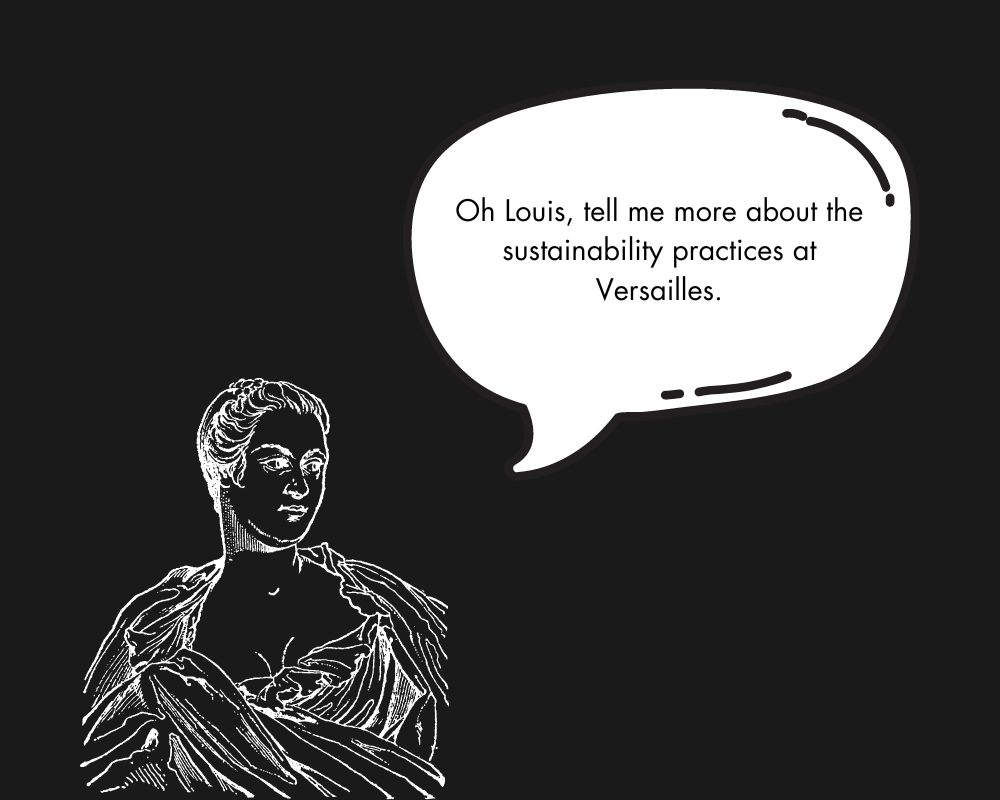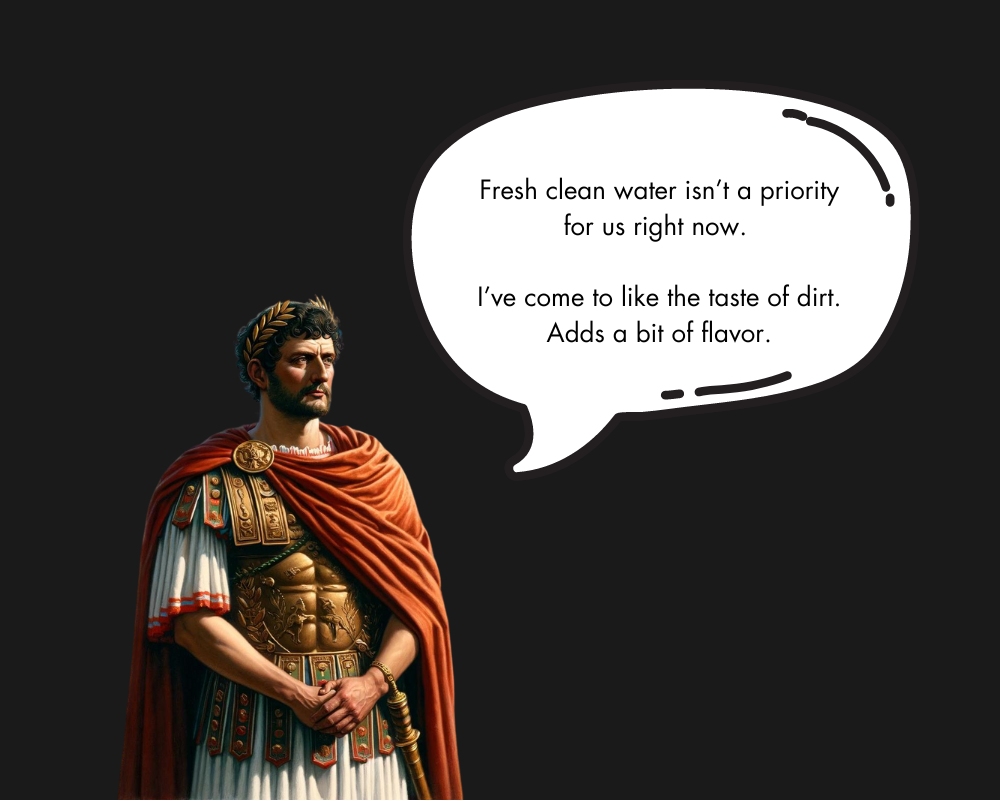"To will to be that self which one truly is, is indeed the opposite of despair." - Søren Kierkegaard
Since the dawn of civilization, the question “Who am I?” has haunted and guided human beings.
The ancient Greeks, masters of self-inquiry, were the first to wrestle with this problem.
Socrates, one of their greatest thinkers, understood that true power comes from self-knowledge, famously declaring, “The unexamined life is not worth living.” He saw the pursuit of understanding oneself as the path to a life of fulfillment and wisdom - a kind of internal empire built on the foundation of knowing one's own nature.
Centuries later, the Danish philosopher Søren Kierkegaard explored this question with ruthless intensity. In The Sickness Unto Death (1849), he diagnosed a form of human suffering more profound than physical illness: despair, not as mere depression, but as a deep alienation from the self.
For Kierkegaard, this alienation - the disconnection from one’s true essence - is the root of all despair. And it is from this internal fracture that many of our external failures and miseries arise.
Levels of Despair: The War Within
Kierkegaard identified several layers of this despair.
The most common form arises from ignorance - a kind of blissful unawareness. A person who operates without any conception of their true potential remains in a state of false contentment, never realizing the chasm that exists between who they are and who they could become.
This ignorance, while widespread, is so inconsequential to the individual that Kierkegaard questioned whether it could even be considered true despair.
The person is asleep, indifferent to their own mediocrity.
But real despair - the kind that gnaws at the soul - emerges with the painful recognition of one's failings and limitations.
As awareness of the self deepens, so too does the internal struggle.
A person may fixate on an external failure - failing an exam, missing a promotion - but Kierkegaard insists that the true cause of their despair lies not in the event, but in the self that has failed.
It is not the loss of the opportunity to become a doctor, for instance, but rather the intolerable realization that the self was insufficient, unable to meet the challenge.
The person despairs not over the loss of a title, but over the failure to become the person they had envisioned.
The Tragedy of Disavowing the Self
Kierkegaard masterfully illustrates this with the example of a man who wishes to become an emperor.
Even if this man achieves his grand ambition, he will not escape despair. Why?
Because in the pursuit of this external identity, he has abandoned his true self.
The drive to acquire power, wealth, or status often requires a person to suppress their authentic nature. When they finally reach their goal, they realize with horror that they have become someone else entirely.
They are alienated from their original self - an emperor in title, but a hollow man within.
This is the ultimate form of despair: to succeed outwardly, yet feel the agony of having betrayed oneself. The man who once sought to rid himself of his old identity now discovers that this self-rejection has left him lost, disconnected from any sense of who he truly is.
He "does not possess himself; he is not himself.”
This is the price of pursuing an image rather than an essence.
The Path to Power: Embrace Your True Self
Yet, Kierkegaard does not leave us without hope.
The antidote to despair, he argues, is not to chase after an external ideal but to muster the courage to be oneself. It requires an act of immense will to confront the self, to strip away the layers of artifice and ambition that obscure our true nature.
“To will to be that self which one truly is,” Kierkegaard writes, “is indeed the opposite of despair.”
It is this internal alignment - this acceptance of who we are at our core - that dissolves the torment of alienation.
This path is not for the faint of heart.
To embrace one’s true self requires rejecting the false images we project to the world, letting go of the desire to live up to the expectations of others. It demands that we take full responsibility for our lives and the choices we make.
Kierkegaard’s insight laid the groundwork for what would later be called existential therapy - a method that compels individuals to confront the harsh truth of their existence, and in doing so, discover their true purpose.
The Power of Self-Awareness
In the end, Kierkegaard’s philosophy is a powerful reminder that the battle for meaning and happiness is fought within.
Those who avoid the question of “Who am I?” live shallow, unexamined lives, driven by forces they do not understand.
But for those bold enough to face themselves, to peel back the layers of illusion and false ambition, a profound sense of peace awaits.
By embracing our true nature, we reclaim our power.
Kierkegaard’s theories continue to influence modern psychology, particularly the humanistic approaches of thinkers like Carl Rogers, who also emphasized the importance of self-awareness and authenticity.
But beyond psychology, Kierkegaard offers a timeless strategy for anyone seeking power, purpose, or fulfillment.
His lesson is clear: the most powerful weapon in your arsenal is the ability to know and embrace your true self. To master this is to master life itself.
The Power of Aspiration: Kierkegaard’s Philosophy and the Art of Consumer Desire
In the realm of marketing, as in life, the greatest struggles are often internal. The mind is a battlefield where desires, insecurities, and ambitions collide, shaping the decisions we make.
For the astute marketer, there is no greater opportunity than understanding and manipulating these inner forces.
To do so effectively, one must draw from deep psychological insights. And few thinkers have explored the dynamics of the self more profoundly than Kierkegaard.
Kierkegaard’s exploration of despair - the tension between who we are and who we wish to be - offers a roadmap for the strategist.
His theories provide a powerful framework for understanding the hidden motivations that drive consumer behavior.
In marketing, as in philosophy, the key is to recognize that the human mind is not content with the status quo. People are constantly grappling with a gap between their present reality and the idealized version of themselves.
It is this very tension that gives the marketer extraordinary power, for the product you sell is not just a thing - it is a promise to bridge that gap.
The Despair of the Self: Understanding the Consumer’s Inner Battle
Kierkegaard recognized that true despair is not caused by external circumstances, but by internal contradictions.
It arises when we become aware of the discrepancy between the self we inhabit and the self we yearn to become. This internal schism is the engine of human desire. It fuels the endless search for meaning, status, and self-improvement.
In the world of marketing, this battle manifests in the desires of the consumer.
People do not buy products simply to meet their basic needs; they buy in pursuit of a higher ideal.
They are searching for a way to transcend their current limitations, to embody a better, more successful version of themselves. Your task as a marketer is to make them believe that your product is the key to achieving that transformation.
But Kierkegaard also spoke of ignorance - the blissful state of those who have not yet awakened to the possibility of change.
These consumers operate on autopilot, unaware of the potential for something more.
They buy out of habit, without recognizing the deeper desires at play.
It is your role to disrupt this complacency, to awaken them to the gap between who they are and who they could become.
Awareness, after all, is the first step toward desire.
The Power of Aspiration: Positioning Your Product as the Bridge
Once the consumer becomes aware of this internal gap, the real work begins.
Kierkegaard’s higher levels of despair describe a state where individuals are acutely conscious of their inadequacies and limitations. They see clearly the self they wish to become, but feel powerless to bridge the divide.
This is where you, the strategist, must step in.
You must position your product as more than just a commodity; it must become a vehicle for transformation.
Every campaign, every piece of messaging, must speak to the consumer’s deeper need to close the gap between their current and ideal selves.
The product is not just a tool - it is the bridge.
It offers the promise of a better life, a better body, a more fulfilled existence.
Consider the strategies of the most successful brands.
Nike, for example, does not merely sell shoes.
It sells the idea that by wearing Nike, you are stepping into the shoes of champions. You are not simply buying footwear; you are buying the potential to be stronger, faster, more resilient. This is the essence of aspiration marketing - transforming your product into a symbol of the consumer’s desired self.
Beware the Trap of False Promises: The Danger of Inauthenticity
Yet, with great power comes great risk.
Kierkegaard warned of the dangers of false aspirations - pursuing ideals that are disconnected from one’s true self.
In the world of marketing, this manifests as over-promising, creating an illusion of instant success, or selling unattainable goals.
Consumers who fall prey to these illusions will eventually awaken to the reality that the product has not fulfilled its promise.
Disillusionment follows, and the brand’s credibility collapses.
The shrewd marketer avoids this trap by balancing aspiration with authenticity.
You must offer consumers a path to transformation, but it must be rooted in reality. Acknowledge the effort required. Show the challenges that lie ahead.
Brands that do this - brands that empower the consumer to embark on a realistic journey of self-improvement - foster loyalty and trust. The consumer becomes not just a buyer, but a believer.
The Art of Empowerment: Offering the Consumer Control
At the core of Kierkegaard’s philosophy is the idea of responsibility - the individual must take ownership of their own destiny.
This is where true empowerment lies, and where modern marketing can be most effective.
The most successful brands do not simply provide products; they provide tools that enable the consumer to take control of their lives.
When you position your product as a means of empowerment, you tap into the deepest psychological needs of the consumer. They do not want to be passive recipients of change; they want to feel in control of their own transformation.
Whether it’s a fitness brand promising the strength to overcome physical limitations or a tech company offering tools to enhance productivity, the message is the same: your product is the key to unlocking their latent potential.
Strategies for Harnessing Kierkegaard’s Insights in Marketing
To apply Kierkegaard’s insights to your marketing strategy, you must embrace the art of manipulation - not in the negative sense, but in the sense of guiding the consumer toward their own desires.
Here are three essential strategies:
- Expose the Gap Between the Current and Ideal Self: Through storytelling, imagery, and messaging, highlight the tension between where your audience is and where they want to be. This creates the emotional pull that drives desire.
- Position Your Product as the Solution: Make your product the indispensable tool for bridging that gap. Show how it enables transformation, but be realistic - false promises will only lead to disillusionment and resentment.
- Empower the Consumer: Give the consumer a sense of control over their own destiny. Position your brand as a partner in their journey, not as a dictator of their desires. Empowerment creates loyalty and deep emotional connections.
Conclusion: Mastering the Consumer’s Inner World
The greatest victories are won not in the marketplace, but in the minds of your audience.
Understanding the inner conflict described by Kierkegaard - the struggle between the self and the ideal - gives you unparalleled power to shape desire. By tapping into the consumer’s need for transformation and positioning your product as the key to that journey, you create a bond that transcends mere transaction.
You become a partner in their quest for self-realization.
And that, ultimately, is the true art of marketing - offering not just products, but the possibility of becoming more than we are.






